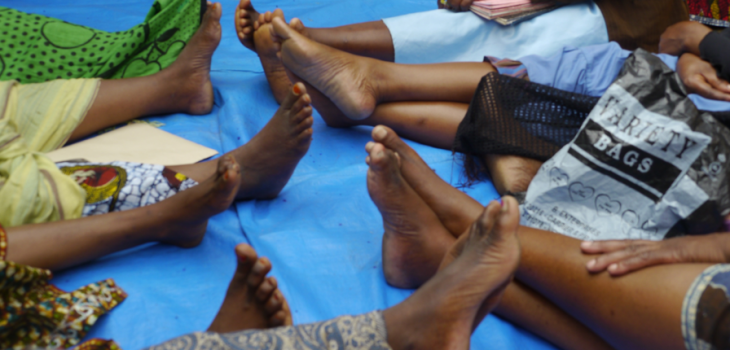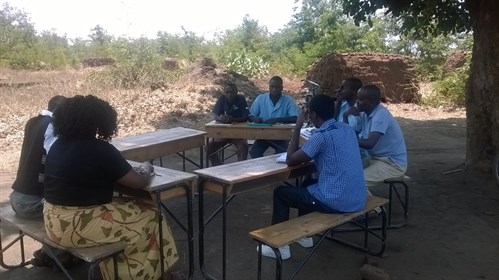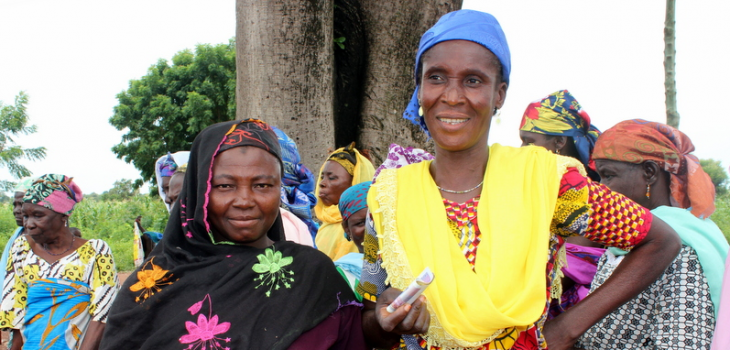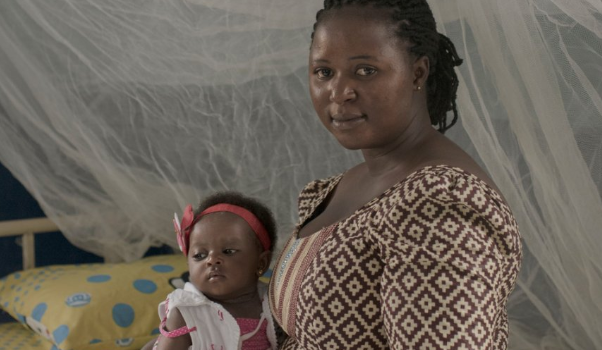By Shelley Lees and Mark Marchant (London School of Hygiene & Tropical Medicine)
This blog was written to mark this year’s World Aids Day taking place on 1 December 2018.
Intimate-partner violence is virtually a universal phenomenon with global estimates revealing that around 35% of women have experienced…




















